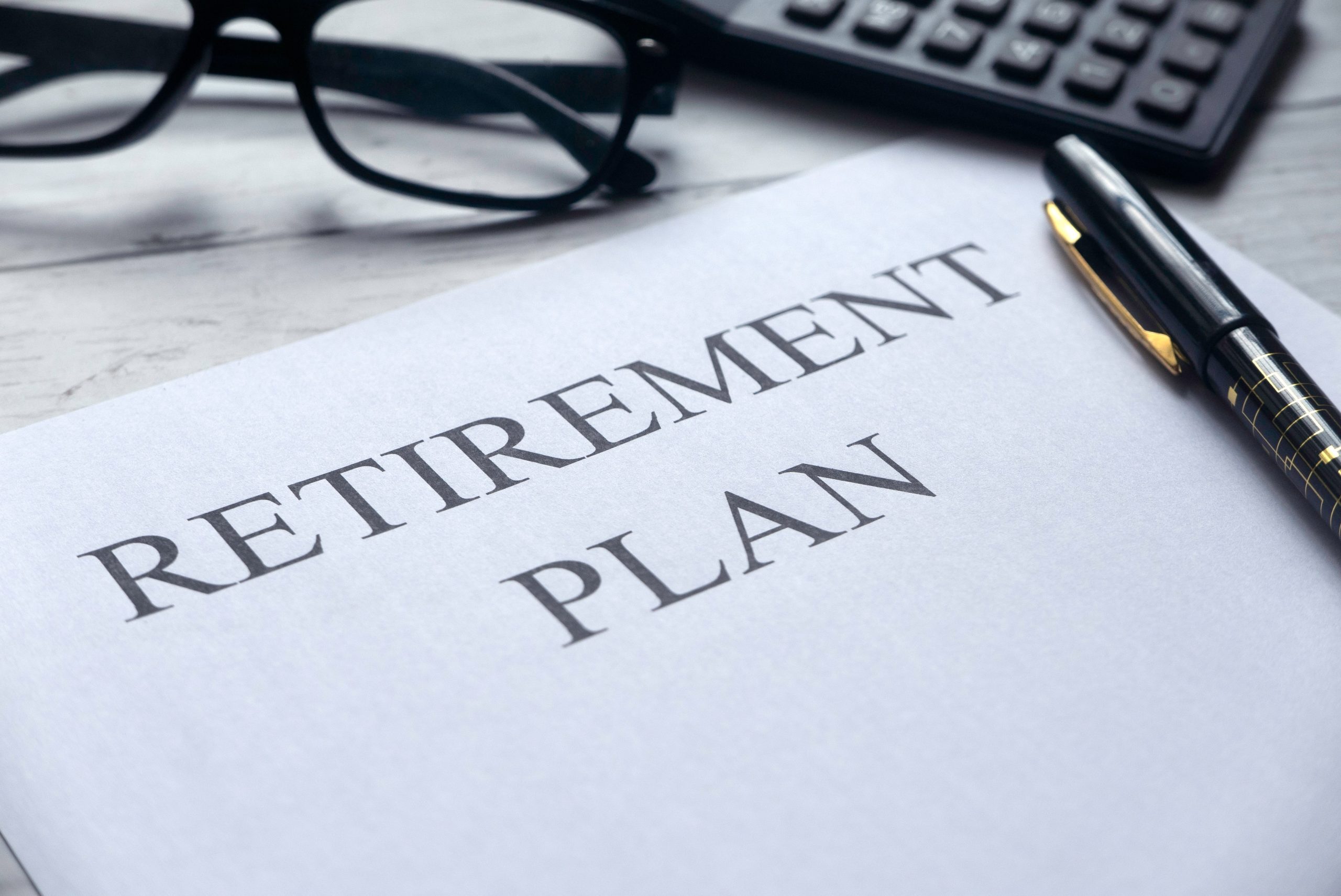Estate planning is a crucial aspect of financial management that is often overlooked or neglected. […]
Author: Mason Parrott
Retirement Planning Guidance from Experienced Sydney Financial Advisors
Retirement planning is a critical aspect of financial management that requires careful consideration and expert […]
The Future of Estate Planning: Benefits of Online Wills
In recent years, the world has witnessed a remarkable shift towards online solutions in various […]
Understanding Insolvency: How a Lawyer Can Help
When a person or business is no longer able to repay their debts, they may […]
THE EDGES AND STRIKES OF AN ONLINE WILLS
No one likes to ponder their impending death; it is a taboo matter. Despite this, […]
ONLINE WILLS AND WHAT YOU SHOULD NOT INCLUDE IN IT
Writing a personal or joint will is essential, and reducing the absolute power of attorney […]
Step-by-step guide on how to make an online will in Australia
Hello there! Have you heard about an online will? In Australia today, people are done […]
Tips on how to write an online wills
Hello there! Do you know you can make an online will without a lawyer? Of […]
Vital documents you need for Online Conveyancing
Conveyancing is the process of handing over property ownership from one party to another. It […]
What you need to know about Conveyancing in Australia
Buying or selling your property is an exciting event in one’s life that you don’t […]









